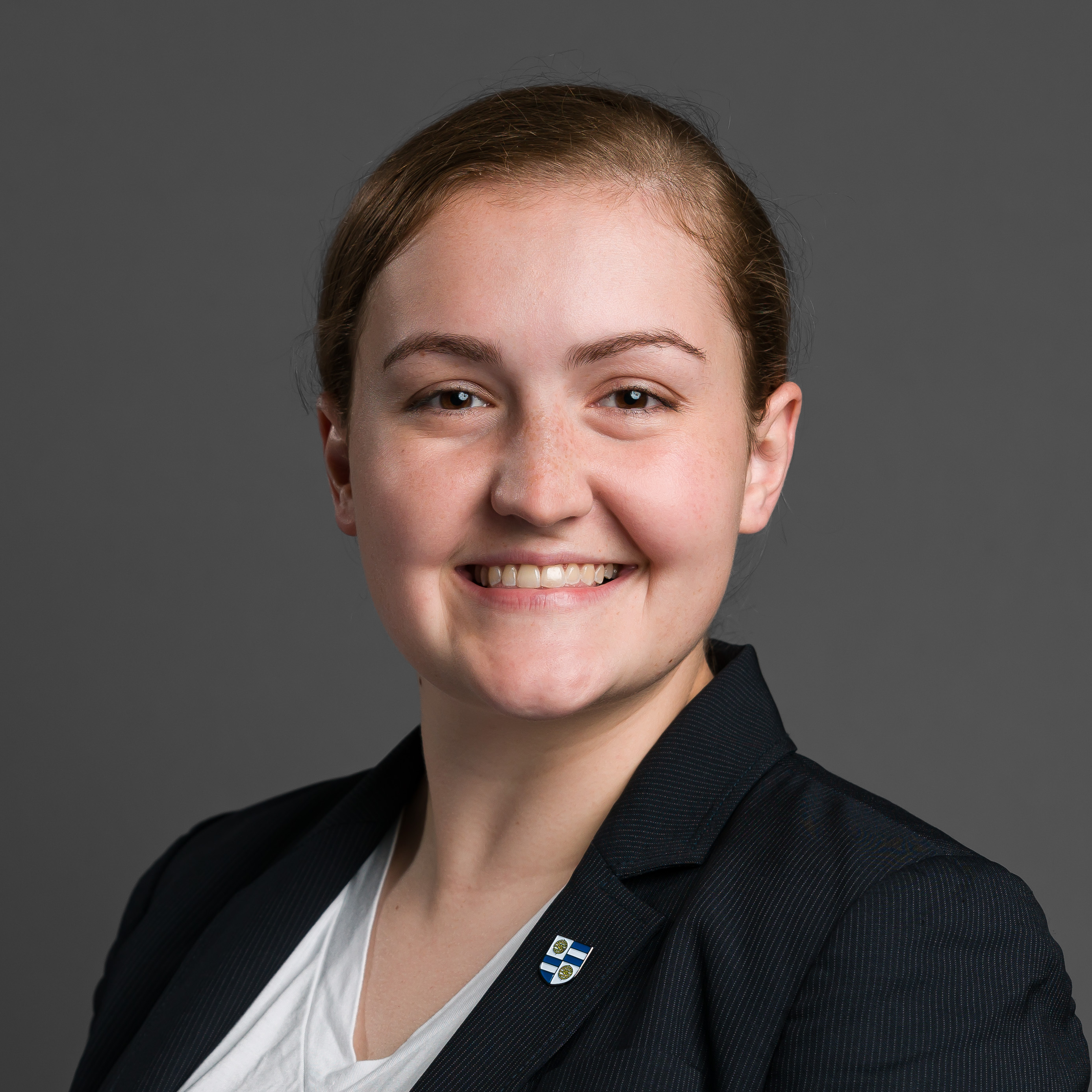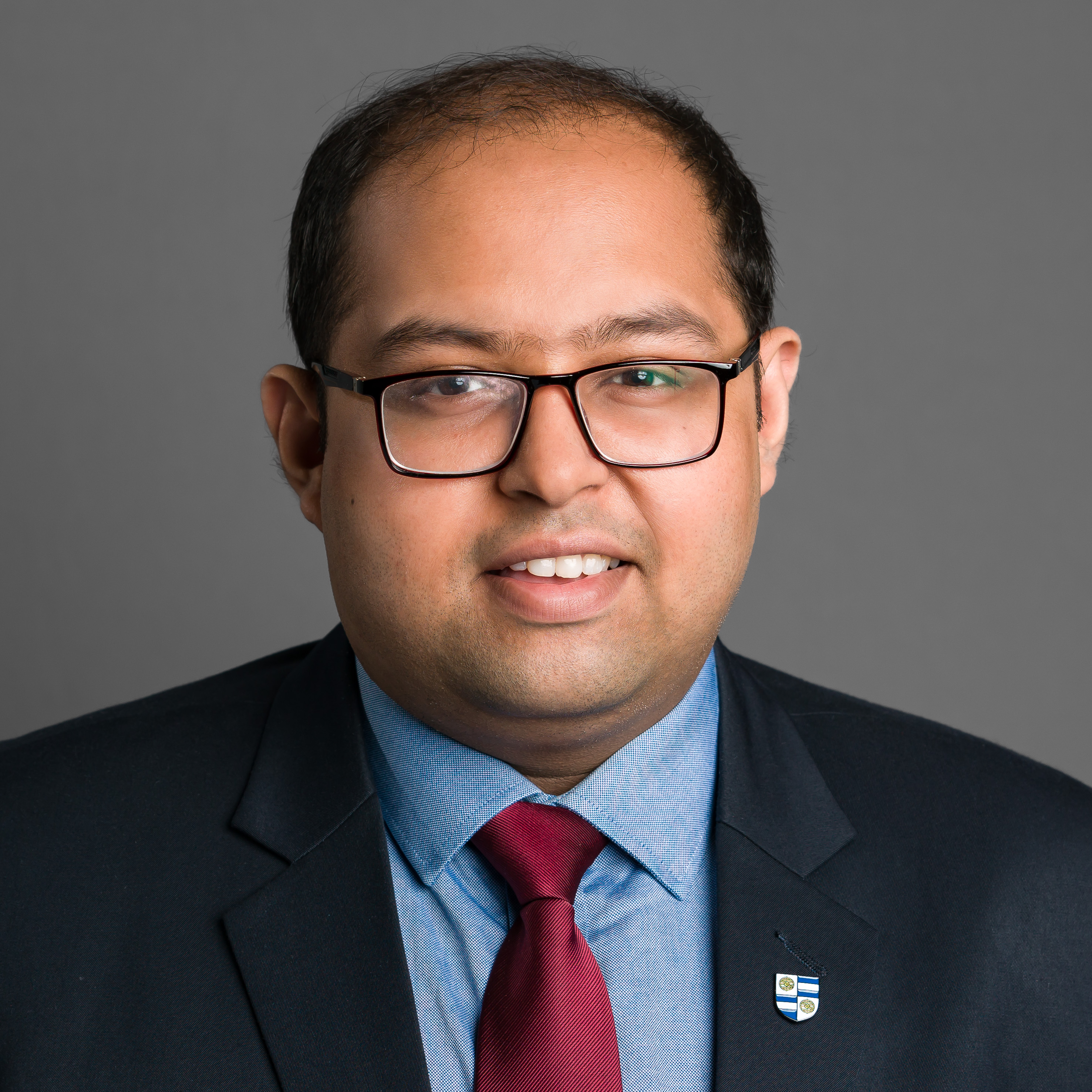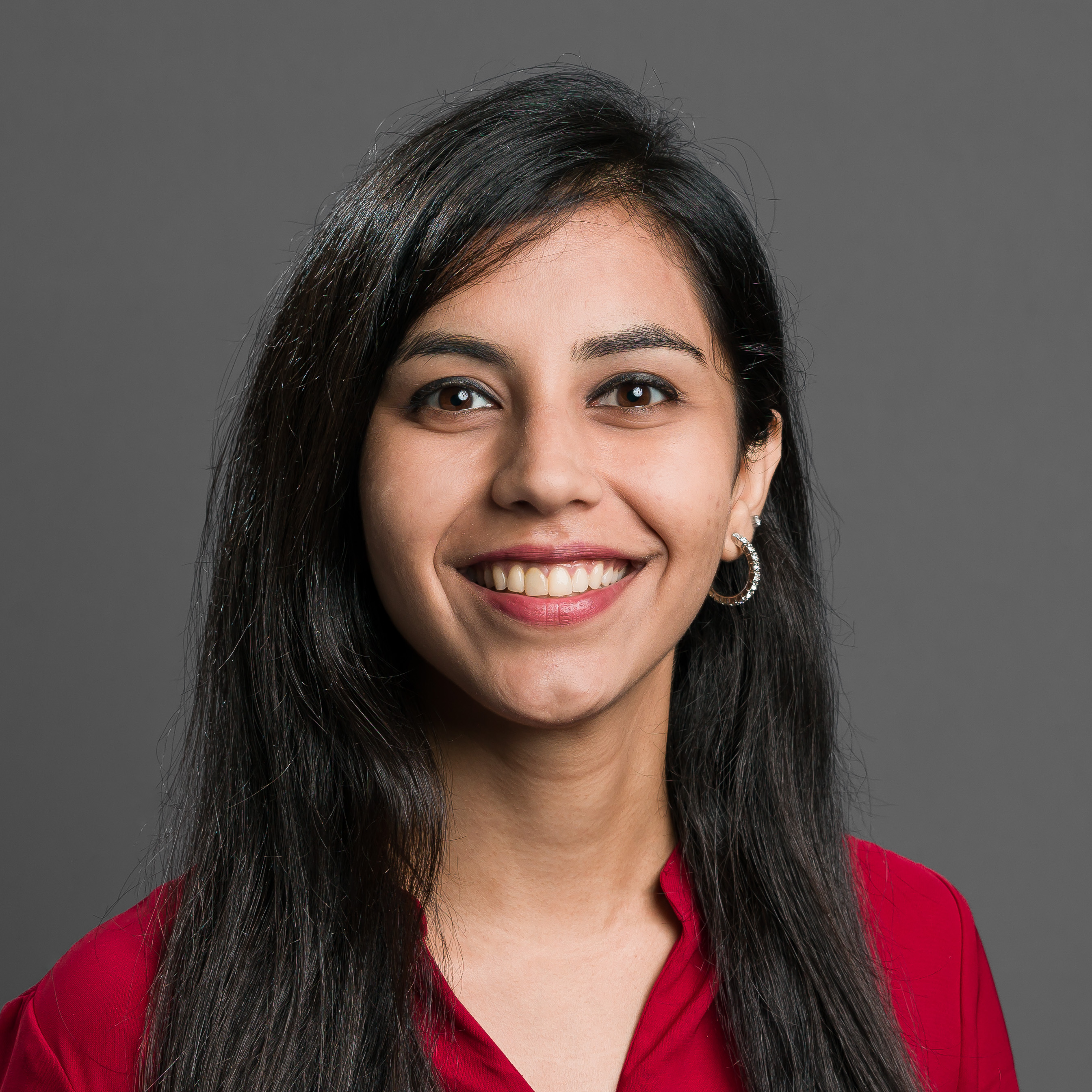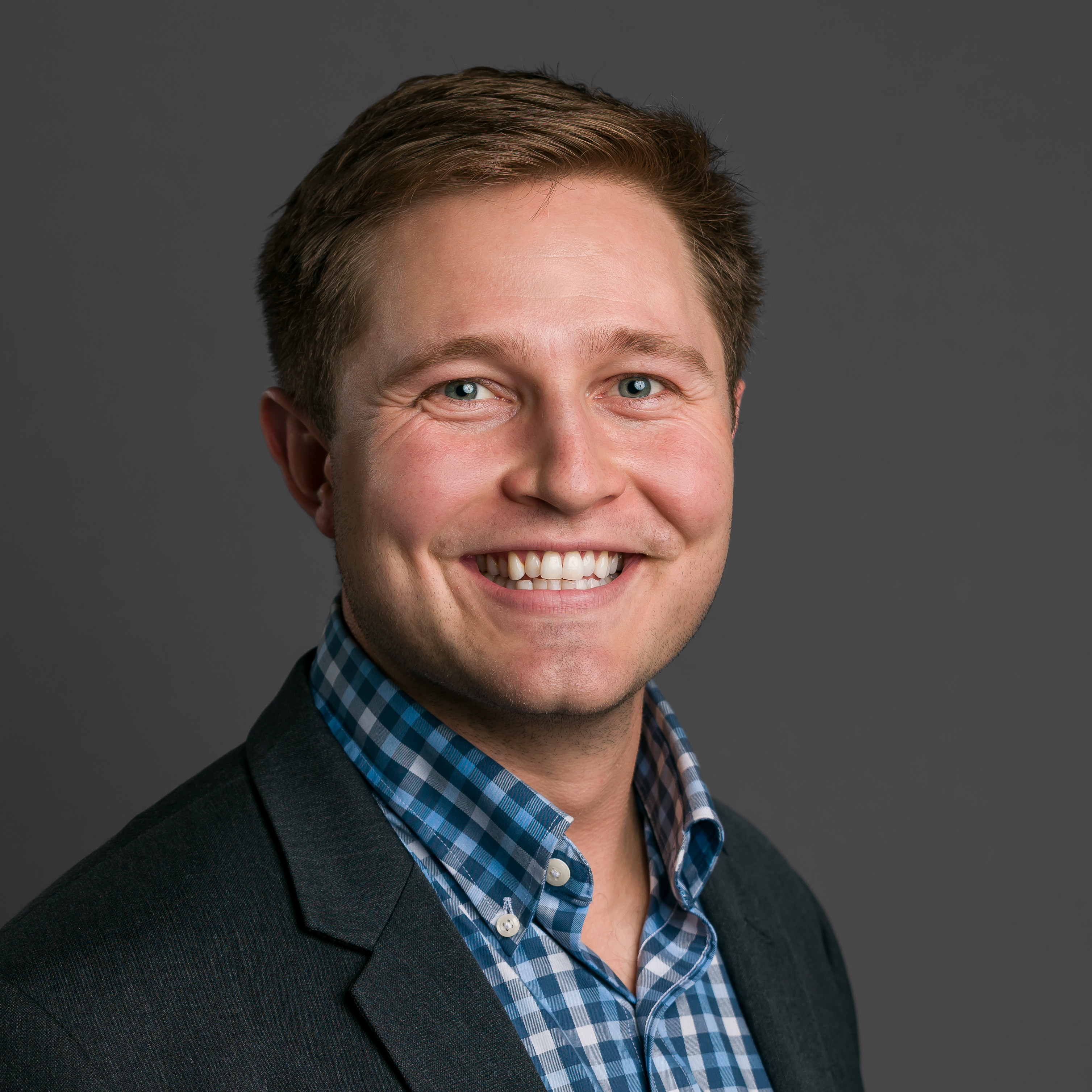Hear from our graduate students about what being a part of the Jackson community means to them.
Caroline Finley Dill

Caroline Finley Dill is a first-year student at Yale’s Jackson School, pursuing an MPP in global affairs. She commissioned as a naval officer with the United States Naval Academy Class of 2022, graduating with a BS in Political Science with Honors and a minor in the German language. She was selected as one of 20 members of her class allowed to pursue immediate graduate education through the Officer Scholarship Program. Her research focuses on alliance theory and world order politics, specifically the future of the transatlantic partnership in the United States’ grand strategic shift to the Pacific. Much of her research is inspired by her work with the Secretary of the Navy’s International Affairs Division at the Pentagon.
Read Full BioWalid Mohammad

Walid Mohammad is an MPP student at the Jackson School of Global Affairs. His interests include human rights and development issues, humanitarian diplomacy, and climate diplomacy. Before Yale, he worked in the Foreign Ministry of Bangladesh as a career diplomat in the country’s capital. He worked in the United Nations Wing and the Administration Wing of the Ministry, where he pioneered the first-ever human resources management system for the country’s foreign service. During his tenure at the United Nations Wing, he drafted policy papers related to Bangladesh’s engagement with all the UN bodies; prepared proposals concerning Bangladesh’s position on resolutions tabled in UN bodies, and political decisions on Bangladesh’s engagement in UN Peacekeeping and Peacebuilding as well as international Human Rights Issues. He was also extensively engaged in Bangladesh’s role in sheltering the Rohingya people of Myanmar and in cooperating with the international accountability mechanisms (ICJ, ICC, etc) that are currently functional.
Read Full BioLakshmi Venkataraman

Lakshmi Venkataraman is a lawyer from India, and an MPP student focusing on the role of food and agricultural policy in reforming industrialized animal agriculture. While at Humane Society International (HSI), she helped some of the world’s largest food companies, including Accor, Marriott, and IKEA, increase their consumption of cage-free, free-range, and alternative protein foods in India. She has also supported the growth of India’s cage-free and alternative protein start-up ecosystem. Her experience lies in bringing public and private sector stakeholders from the fields of environment and climate protection, farmer welfare, public health, and animal welfare together — in creating a sustainable and equitable food system.
Read Full BioThe Jackson community itself has been so enriching because it is so diverse. We have people from so many different countries doing such different work from a variety of perspectives. The community is also extremely helpful and collaborative.
I would like to develop the framework knowledge and savviness to be able to navigate both the policy and the business worlds and in the medium- to long-term, be in a position where I can draw from business expertise to create a more favorable policy ecosystem.
Marcus Senninger

Marcus Senninger is an MPP student at the Jackson School of Global Affairs, focused on China-Africa relations, international development, and international markets. Previously, he worked for the Department of Homeland Security (DHS) Cybersecurity and Infrastructure Security’s (CISA) Mis, Dis, and Malinformation team where he contributed to the development of a multitude of both analytical and public resilience products. Prior to his time at DHS, Marcus served as a Peace Corps volunteer in Zambia and as an advisory consultant at Deloitte. As a Peace Corps volunteer, Marcus utilized his background in business and farming to develop rural aquaculture and teach essential business skills in his village. During his time at Deloitte, Marcus specialized in optimizing efficiency in the internal strategy and processes for major banks, technology companies, and retailers. He graduated summa cum laude from the University of South Carolina with majors in international business and finance and a minor in Chinese studies. Marcus is intending to pursue a career in the US government, or NGOs in the field of US-China-Africa relations, development, and business and is interested in understanding competition and collaboration between the US and China in Africa.
Read Full Bio